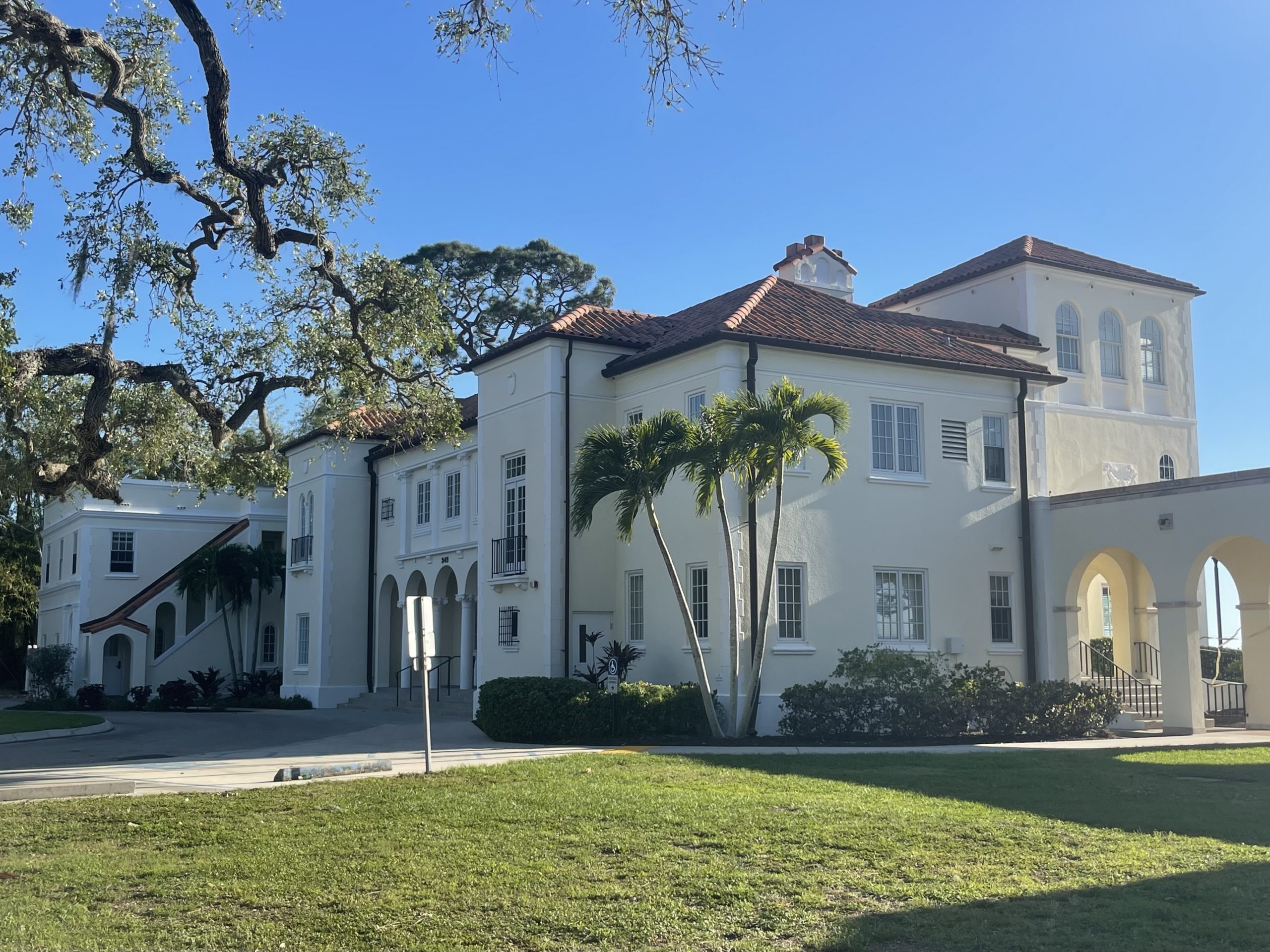New College is gearing up for changes to its 2024 orientation program this upcoming summer. The changes include making the event previously known by Novos as “Welcome Wednesday” an optional preview day, where students can meet each other and learn what to expect in the coming semester—a prequel to the mandatory summer orientation. Administration is also looking to hire academic coaches, a new position that has New College faculty questioning what the future of student-professor advising relationships will look like.
Associate Director for Transition & Family Programs Joe Moore spoke with a Catalyst reporter to further explain what these changes entail. “It’s a new concept to campus so we’re still trying to figure out what in actuality this is going to look like as it rolls out,” Moore commented. “Our hope is for the academic coaches to help students transition to campus and get acclimated and be successful in their first year.”
Moore said the administration is aware that it takes some students a shorter amount of time to acclimate and get used to living on their own for the first time, navigating their coursework or managing their own schedules. “We understand it’s a different timeline for every student and the academic coaches are there to help students transition from the time they deposit in the summer to the time all the way through their first academic year, as well as navigating the academic program since it’s so different,” he explained.
Moore further elaborated that the coaches will help students make their own decisions about choosing their classes, presenting students with what their choices are and with less advice on the coaches’ part. Moore said he recognizes the positive impact the faculty advisor- student relationship has and it’s “the fabric of who we are at New College and part of the experience,” reiterating that academic coaches aren’t there to replace but more to supplement support. There may be instances where a student asks the academic coach a question that is course related, and the coach may answer what they’d recommend. But according to Moore, the hope and plan moving forward is to embed the academic coaches into the academic program so they have a deep understanding of it before engaging with students.
Moore noted that the role is called different things across universities and colleges, such as “Academic Advisor” or “Success Coach,” and the position’s salary will be comparable to similar roles at other institutions across the country.
“We’re looking for full-time professionals that have experience and background in higher education, really with student affairs, so they have the understanding of how to build relationships with students and what that looks like on a college campus,” he said.
The data these changes have jump-started are based on the two orientations Moore has supervised since 2022. He said his department has seen many inconsistencies in the data post orientation 2023 and 2022. “We’re not going to make changes just to make changes, we want to make sure the data we’re getting in the surveys supports the changes.”
Administration has received feedback that the August orientation is too dense and students can’t absorb all of the information in four days, Moore explained. As a result, Moore and his program are trying to make it more digestible. He commented that he’s also focused on building community as well as teaching the resources that go into being a New College student.
“The hope with New Student Days is we’re able to do the process of registering for classes earlier since it’s something that is always at the forefront of new student’s minds,” Moore said. “We want to ease that anxiety that way that is not the primary focus of their August orientation experience, that way they can focus on making transitions, making friends, getting acclimated to maybe having roommates for the first time.”
In an interview with the Catalyst, Faculty Chair and Professor of Spanish Language and Literature Jose Portugal explained that the main concern among faculty is that academic coaches will replace advising on professors’ behalf. “I’m in a particular position trying to look at some kind of way of working with this thing, given that it seems to be that there’s a decision already made,” Portugal began. He explained that every time the issue of new coaches has emerged, the Office of the Provost, now in charge of this program, has made it clear that replacing advising is not the intention. At the time of the interview with Portugal, Bradley Thiessen was still the Interim Provost.
“I have not really seen in the materials that are being made available that there is a way that will make collaboration possible,” Portugal said. “I believe them when they say this is not the intention, but the way you do things sometimes have unintended consequences. And that’s something that we all want to avoid.”
In most of the documents Portugal has seen, the idea is that after incoming first years participate in New Student’s Day, they and transfer students will be ready to sign their contracts, having their pre-registration already done.
“So, as a faculty advisor my question is, what am I supposed to do? Just sit down, receive a document, and be a signature? If you adopt a passive position, then you will sign, and that part of advising will little by little disappear in one part of the college.”
Portugal said he doesn’t think any final decision has been made, despite it seeming so. He has been assured that there’s space for communication and discussion, although he doesn’t know exactly how it is going to happen. He noted that the clock is ticking and summer is approaching. He hopes a better understanding and better articulation of faculty advising and academic coaches comes to fruition. “The help is not unwanted, it just has to be teamwork,” Portugal said. “The problem is that if we run in parallel, the students are not going to benefit from this. The students are going to suffer.”

